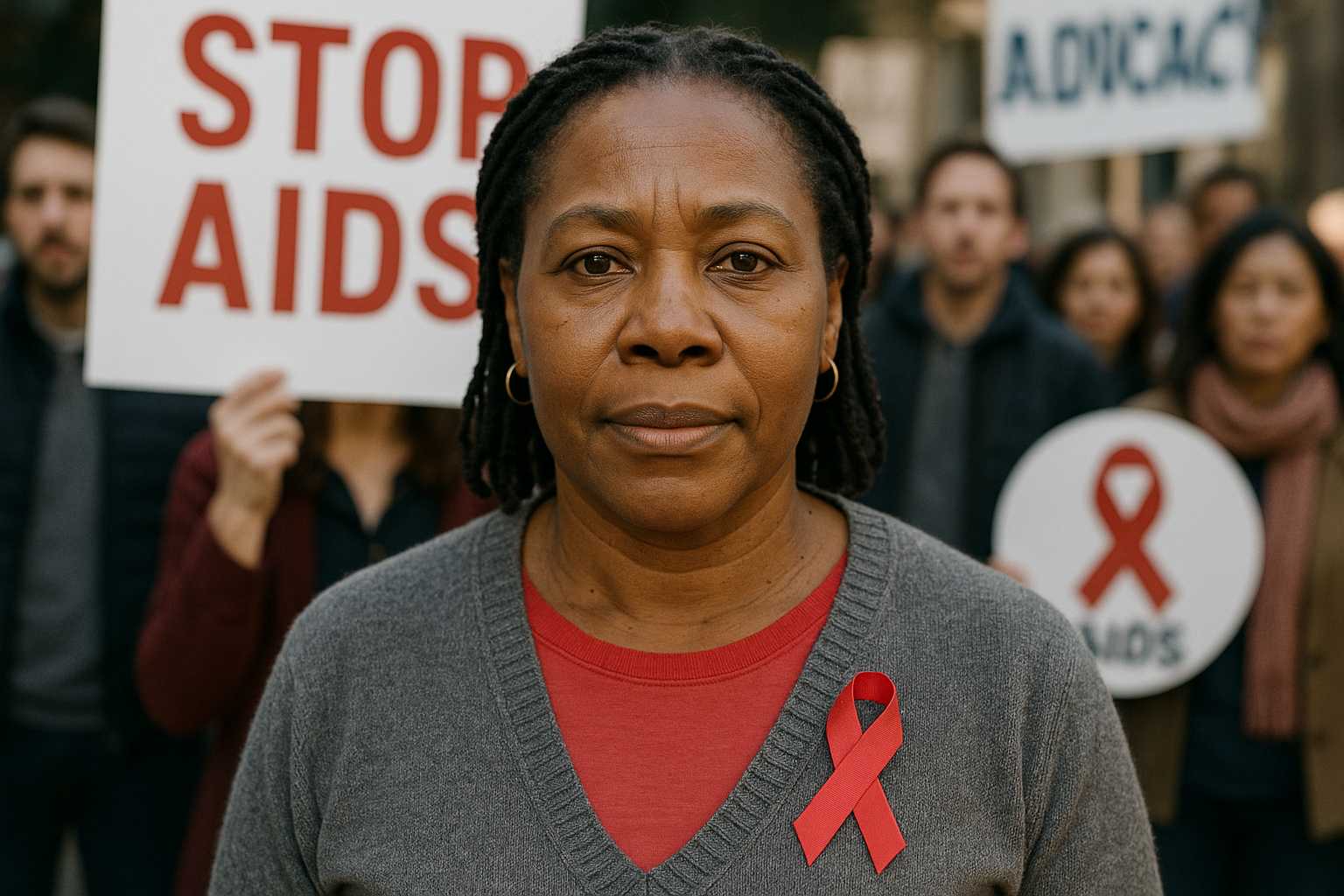Who speaks up when others can’t? Often, it’s AIDS advocates—brave individuals and organizations working tirelessly to raise awareness, fight stigma, and shape policy. These voices aren’t just loud—they’re powerful. And their efforts ripple across healthcare, education, and legislation.
Table of Contents
- What Do AIDS Advocates Do?
- How Advocacy Has Shaped HIV History
- Becoming an AIDS Advocate
- Conclusion
- FAQ
What Do AIDS Advocates Do?
AIDS advocates play many roles. Some speak out publicly, while others work behind the scenes—writing policies, organizing fundraisers, or supporting those newly diagnosed. They may be healthcare professionals, activists, artists, or everyday people with lived experience.
What unites them is passion and purpose. Their missions often include:
- Raising public awareness about HIV prevention and treatment
- Pushing for access to affordable care, especially in underserved communities
- Supporting legislation to protect people with HIV/AIDS
- Educating schools, churches, and workplaces
- Offering emotional support to patients and families
Organizations like the HIV Medicine Association or local AIDS foundations often serve as training grounds or springboards for advocacy careers.
How Advocacy Has Shaped HIV History
From ACT UP protests in the 1980s to modern campaigns using social media, AIDS advocates have always pushed the boundaries. They helped fast-track FDA approval for antiretroviral drugs, secured federal funding like the Ryan White CARE Act, and demanded that healthcare systems do better.
Without these relentless voices, access to life-saving medication would’ve been far more limited. According to Healthcare.pro, community involvement is a key driver in improving HIV outcomes worldwide.
Advocacy also shifted public attitudes. Through storytelling, art, marches, and education, advocates have dismantled myths that once equated HIV with shame.
Becoming an AIDS Advocate
You don’t need a degree or a platform to start making a difference. Becoming an AIDS advocate starts with empathy, followed by action. Here are a few ways to get started:
- Volunteer with local HIV/AIDS clinics or testing centers
- Join awareness campaigns during World AIDS Day
- Write letters to lawmakers about funding HIV research and healthcare access
- Share accurate, stigma-free information online
- Listen to and amplify the voices of people living with HIV
Advocacy is scalable. Whether you educate one person or lead a citywide march, it matters.
Conclusion
AIDS advocates don’t just inspire—they drive real change. From grassroots organizing to national policymaking, their work empowers communities, saves lives, and redefines what it means to care. If you’ve ever felt the urge to stand up for those affected by HIV, now’s the time to act. Your voice could be the one that makes all the difference.
FAQ
What is an AIDS advocate?
An AIDS advocate is someone who actively supports and promotes awareness, care, and policy improvements for people affected by HIV/AIDS.
Do I need medical training to be an advocate?
Not at all. Anyone with passion, empathy, and commitment can become an AIDS advocate, regardless of background.
How can I support AIDS advocacy from home?
You can donate to HIV charities, share educational content online, or support organizations like www.ehealthcaresolutions.com that amplify healthcare messages.
Are AIDS advocates still needed today?
Absolutely. While treatments have improved, stigma, access gaps, and funding challenges persist—making advocacy more important than ever.
Where can I learn more about HIV advocacy?
Visit major AIDS organizations, attend webinars, or explore community centers focused on HIV education and support.
This content is not medical advice. For any health issues, always consult a healthcare professional. In an emergency, call 911 or your local emergency services.




